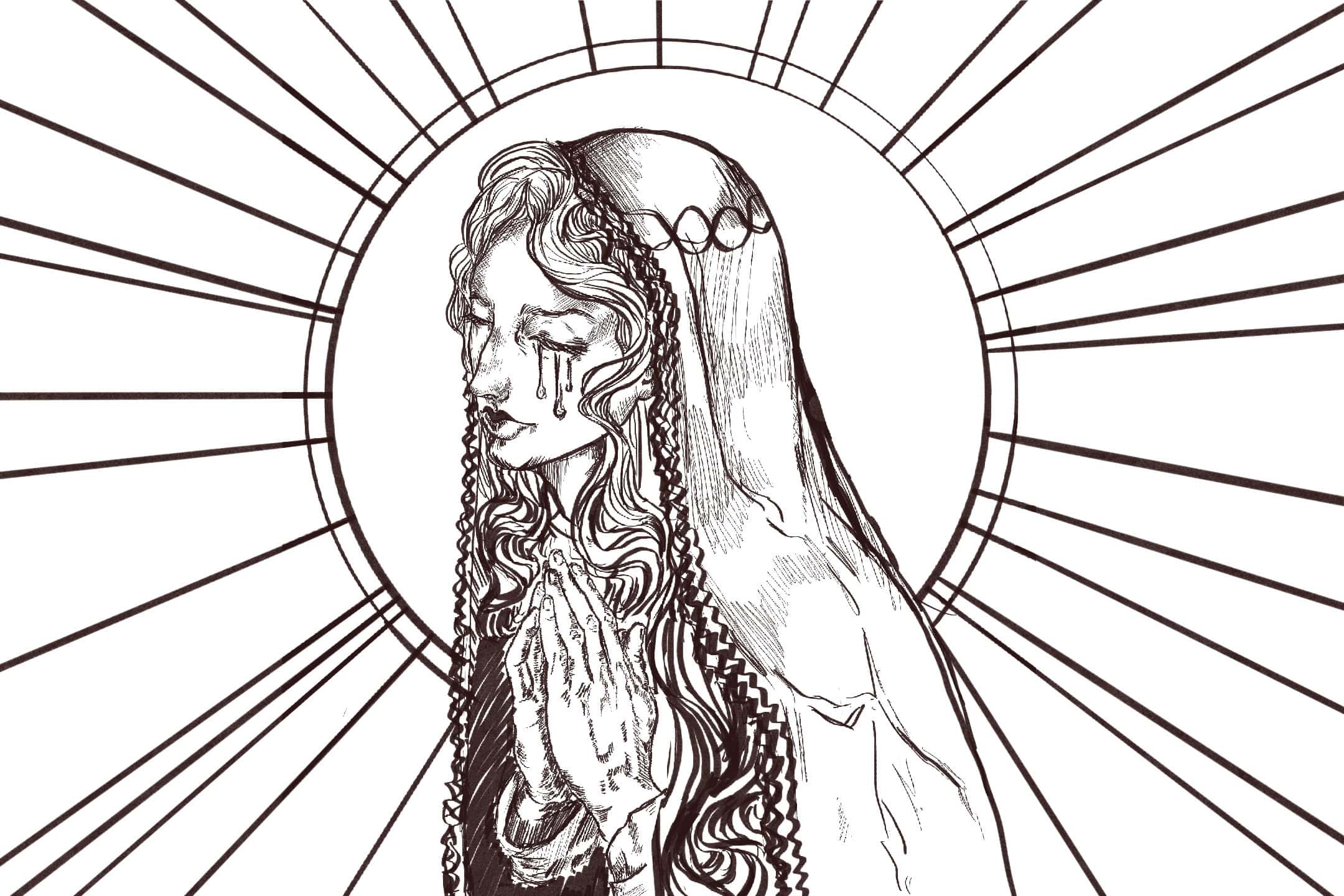Breaking Barriers: How Feminist Scholars Are Rewriting Religious Narratives

In the tumultuous landscape of early modern Europe, female prophecy emerged as a powerful and transformative force that challenged traditional religious and political boundaries. During the Reformation era, women prophets became unexpected agents of social and spiritual change, wielding spiritual authority in ways that defied conventional gender expectations.
These remarkable women navigated complex religious landscapes, using prophetic voices to articulate profound spiritual insights and political critiques. Their proclamations were not merely passive religious statements, but dynamic interventions that reshaped theological discourse and challenged existing power structures. From mystical visions to direct political commentary, female prophets carved out unique spaces of influence in a predominantly male-dominated world.
Religious movements like Protestantism and radical sectarian groups provided unexpected platforms for women to express spiritual leadership. Prophetic women such as Ursula Shipton in England and various Anabaptist prophetesses across continental Europe demonstrated how spiritual revelation could transcend traditional gender limitations. Their messages often intertwined spiritual warnings with sharp social and political observations, creating a nuanced form of resistance and commentary.
The political implications of female prophecy were particularly significant. These women challenged hierarchical structures by claiming direct divine communication, effectively bypassing institutional religious gatekeepers. Their prophetic utterances frequently critiqued corrupt leadership, advocated for social reform, and offered alternative visions of spiritual and political community.
Scholarly research increasingly recognizes these female prophets not as marginal figures, but as crucial intellectual and spiritual actors who significantly influenced early modern religious transformations. Their legacy reveals the complex ways women negotiated power, spirituality, and social change during a period of profound religious and political upheaval.
By examining female prophecy, we gain deeper insights into the intricate relationships between gender, spirituality, and political agency in early modern European societies. These women's voices remind us that spiritual resistance and transformation often emerge from unexpected sources, challenging our understanding of historical religious and political dynamics.

